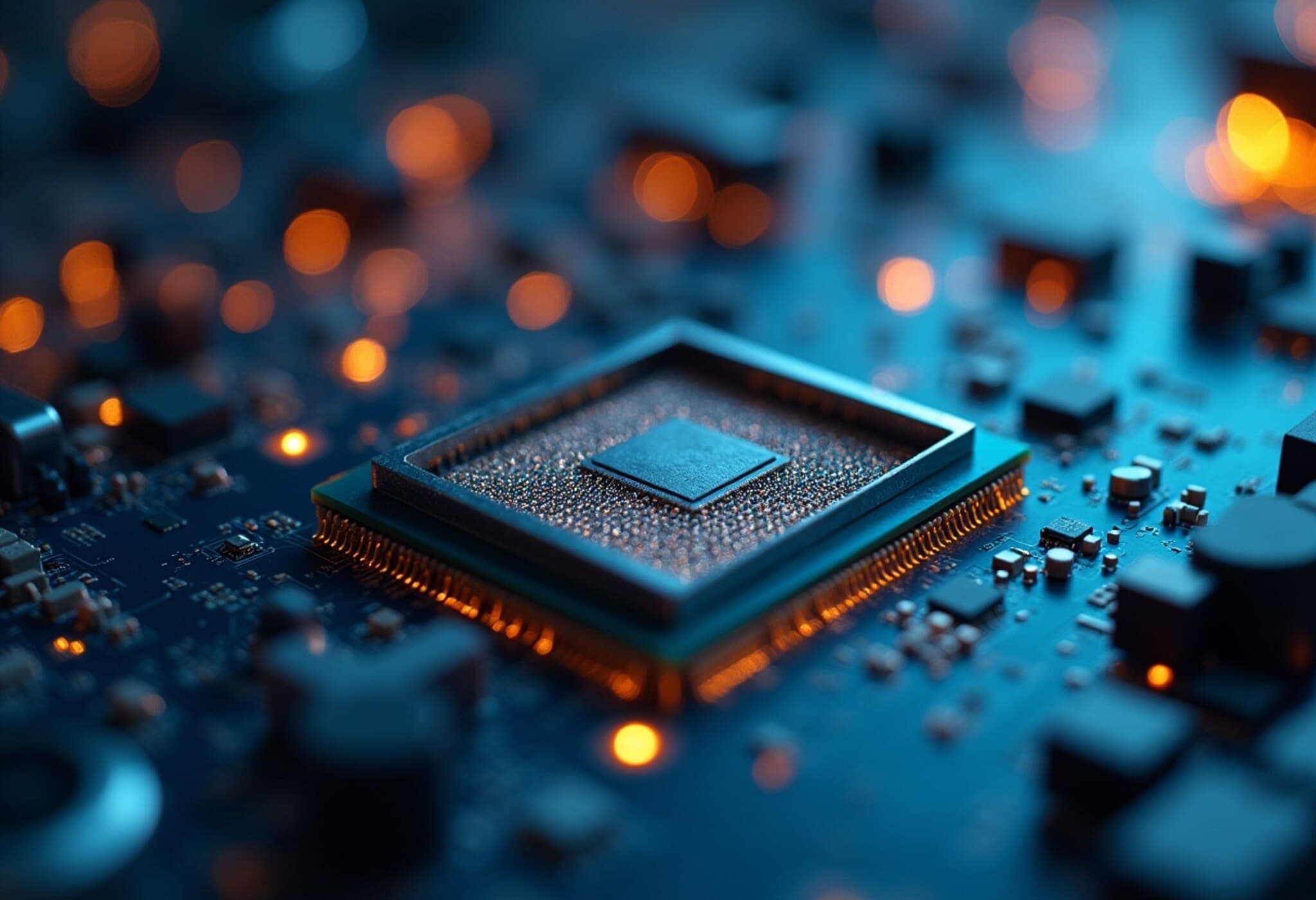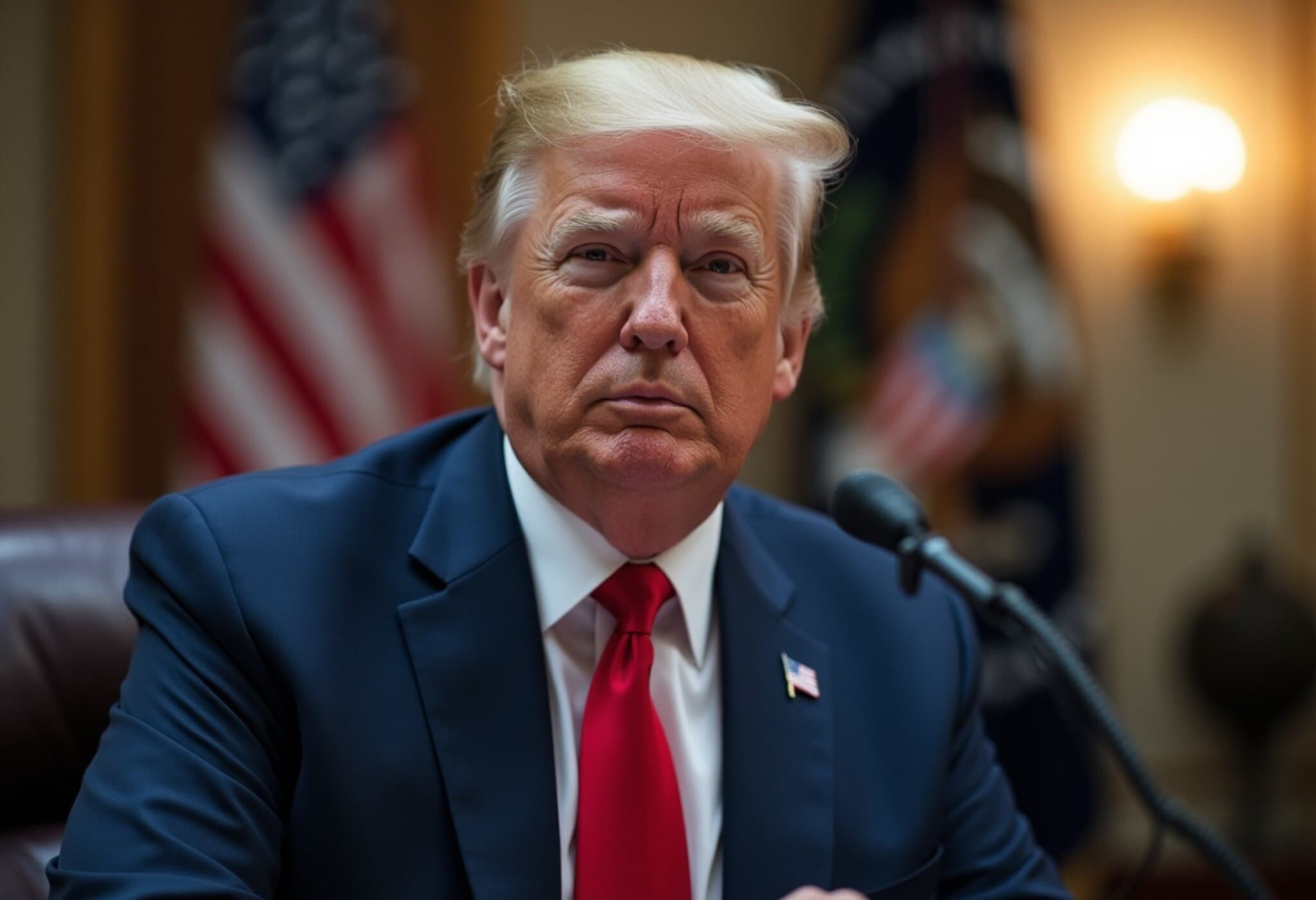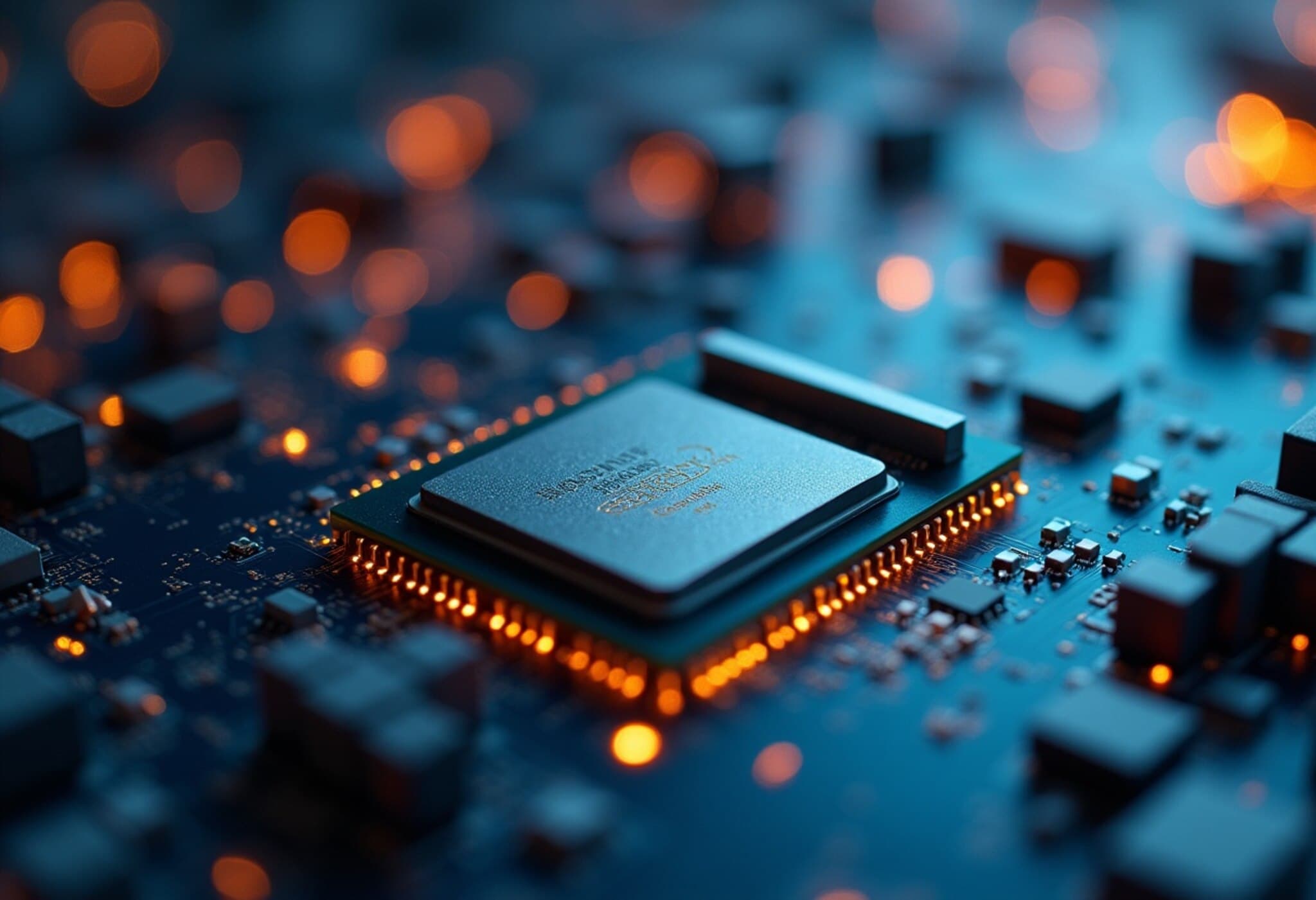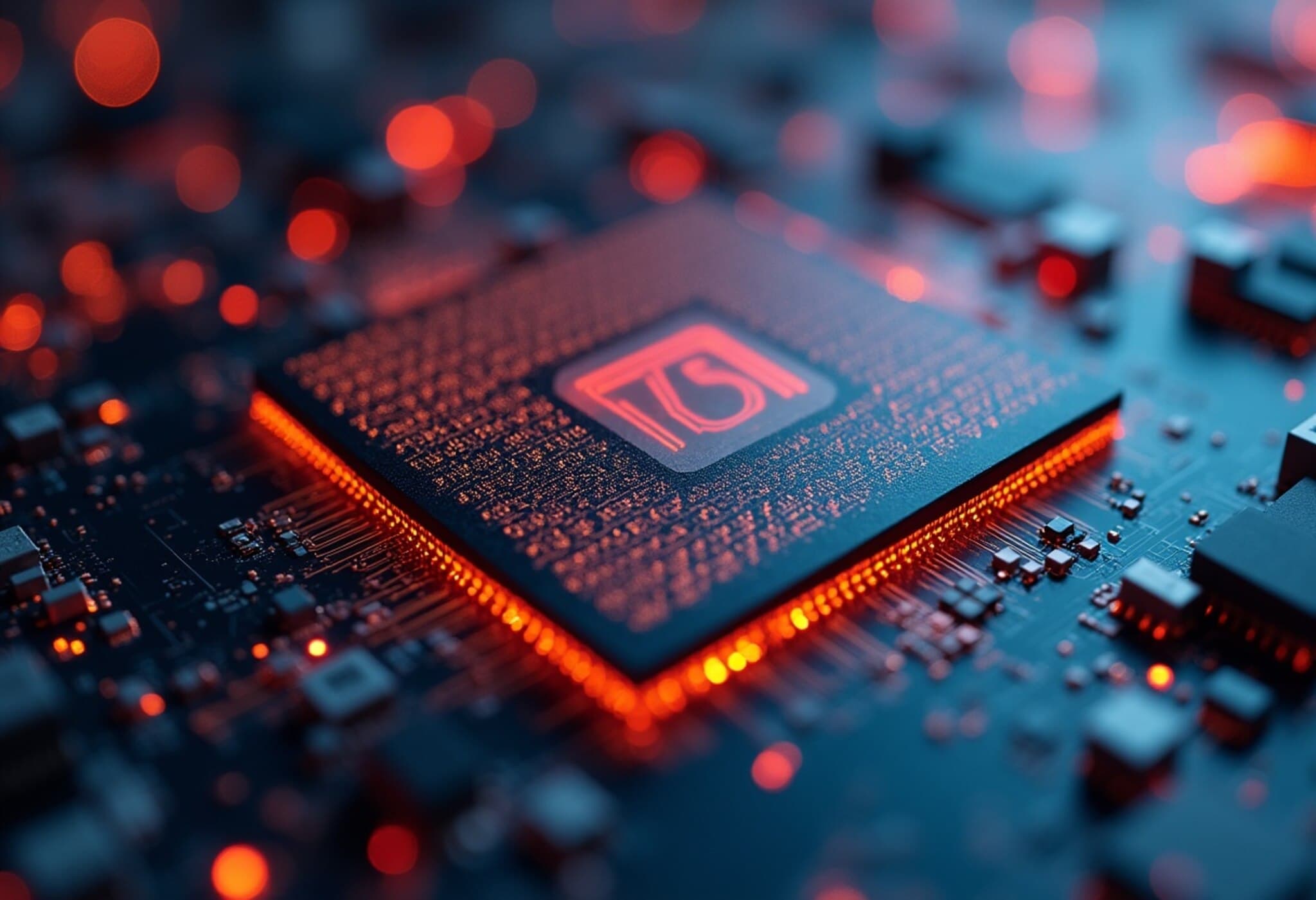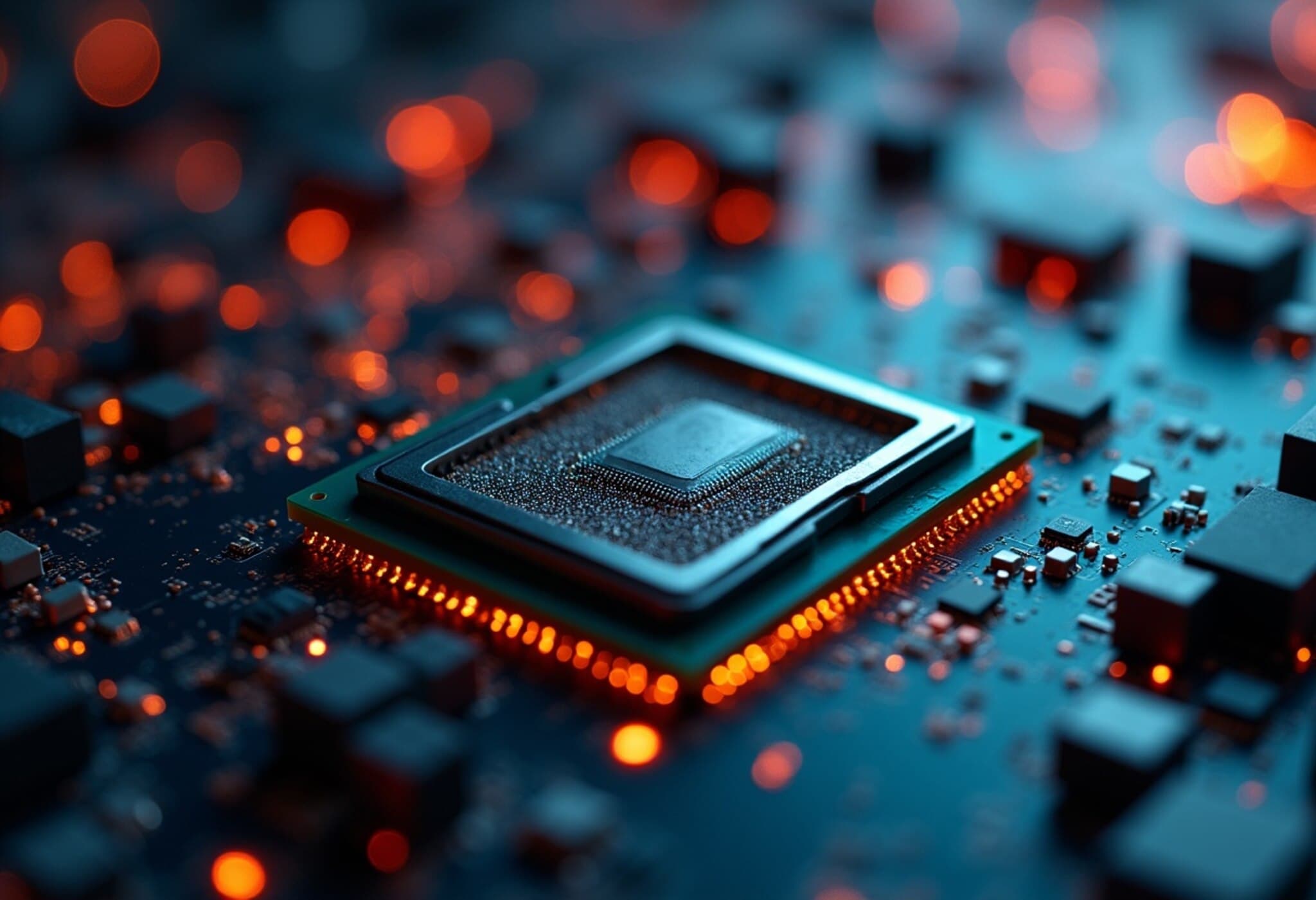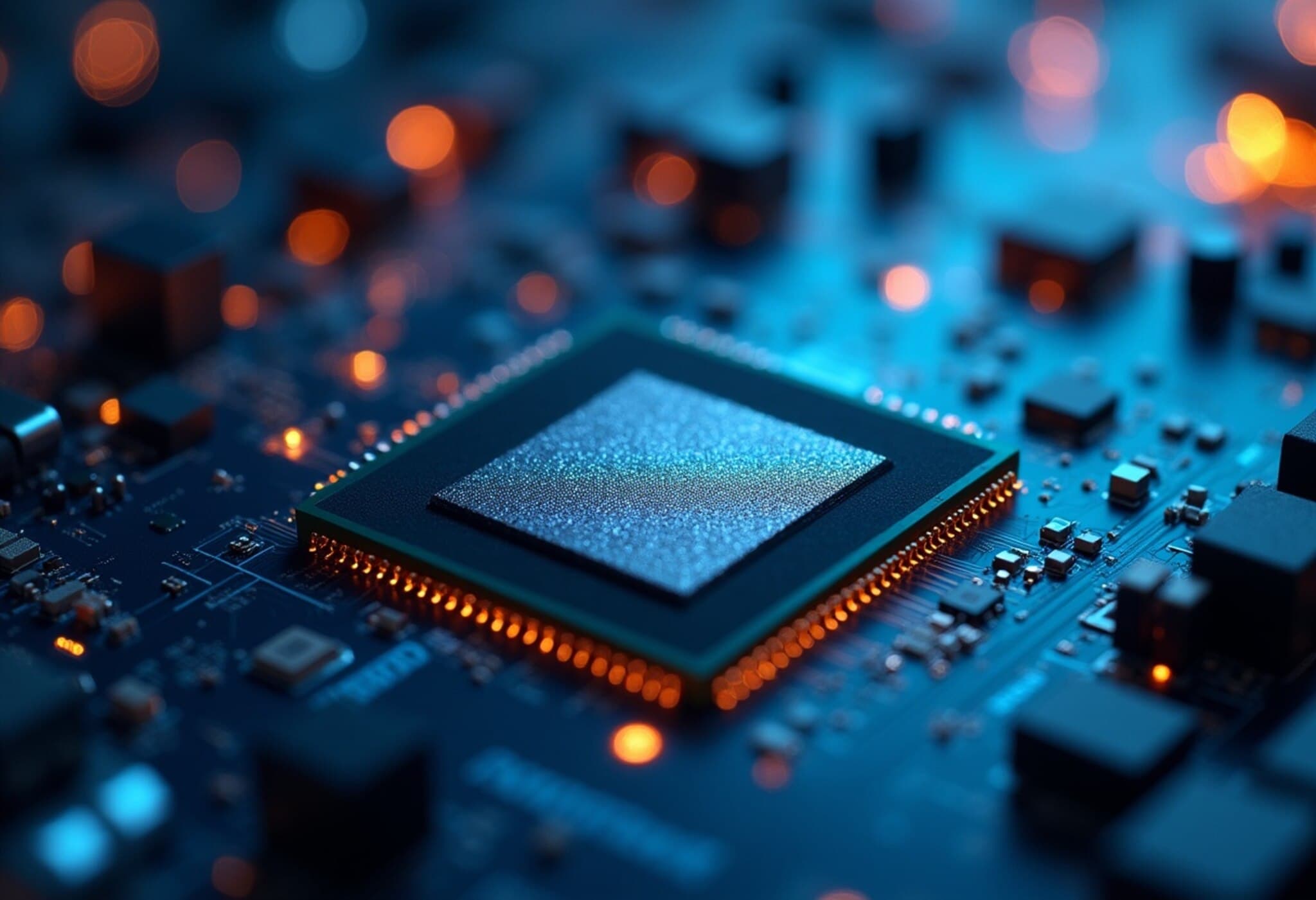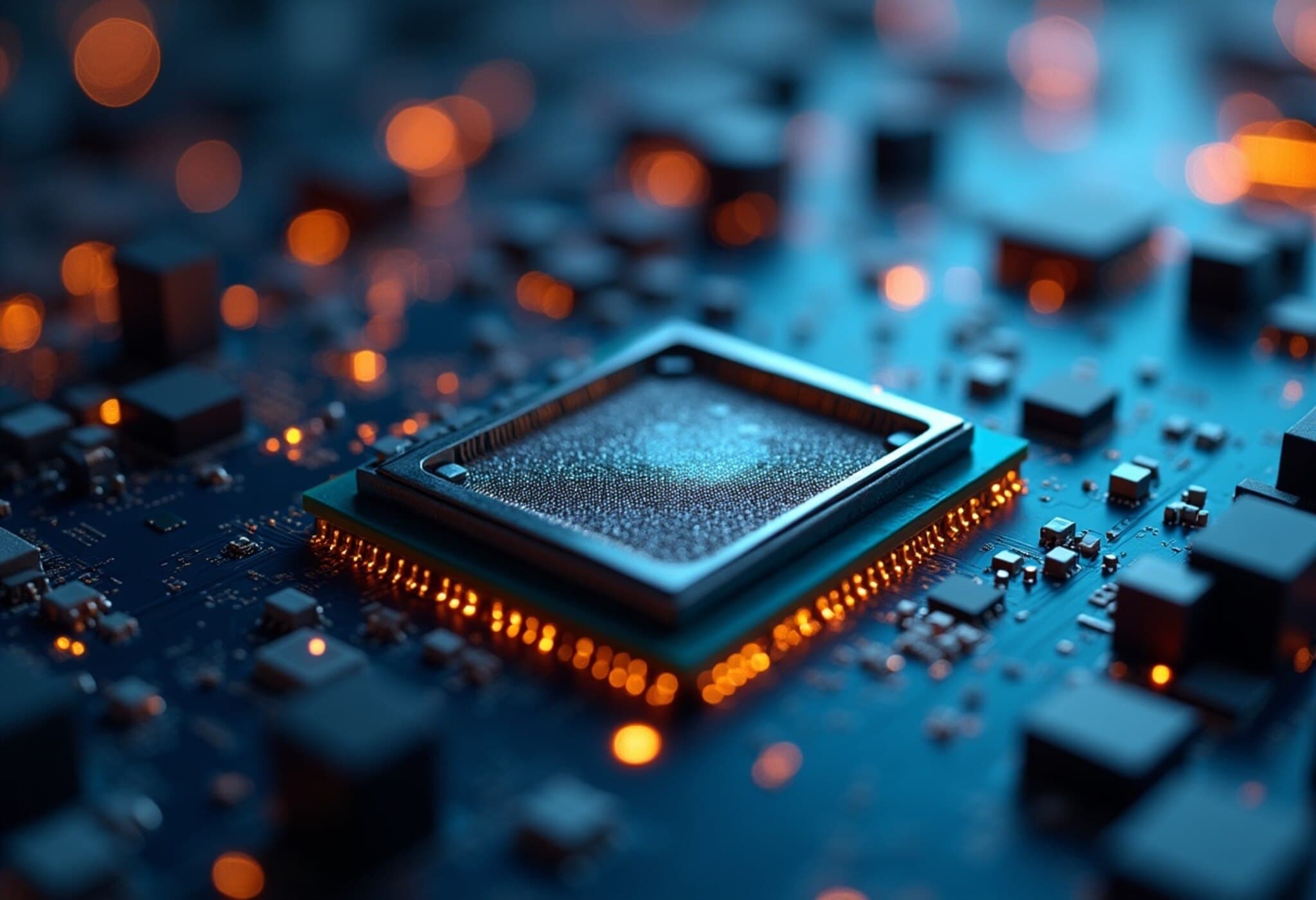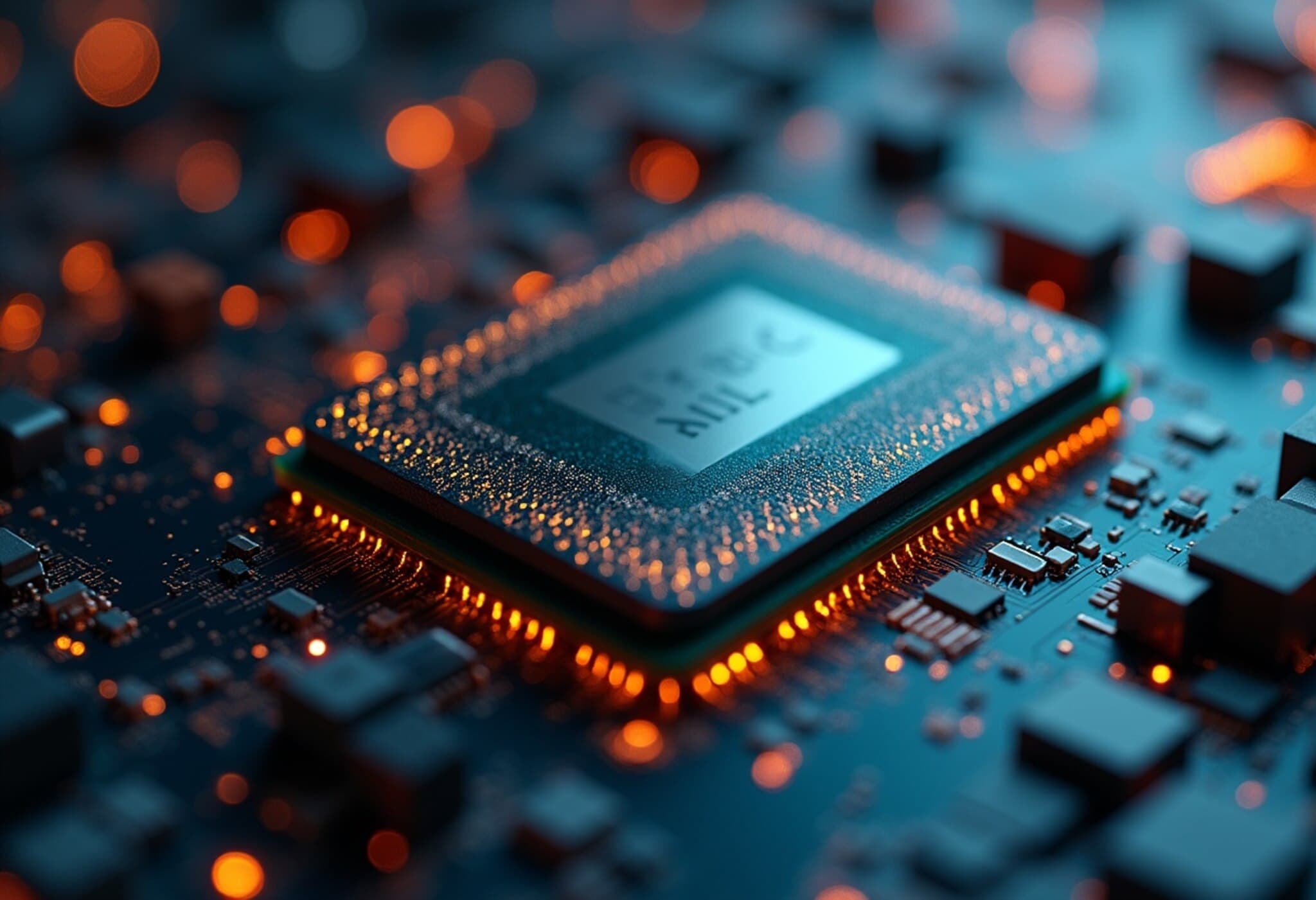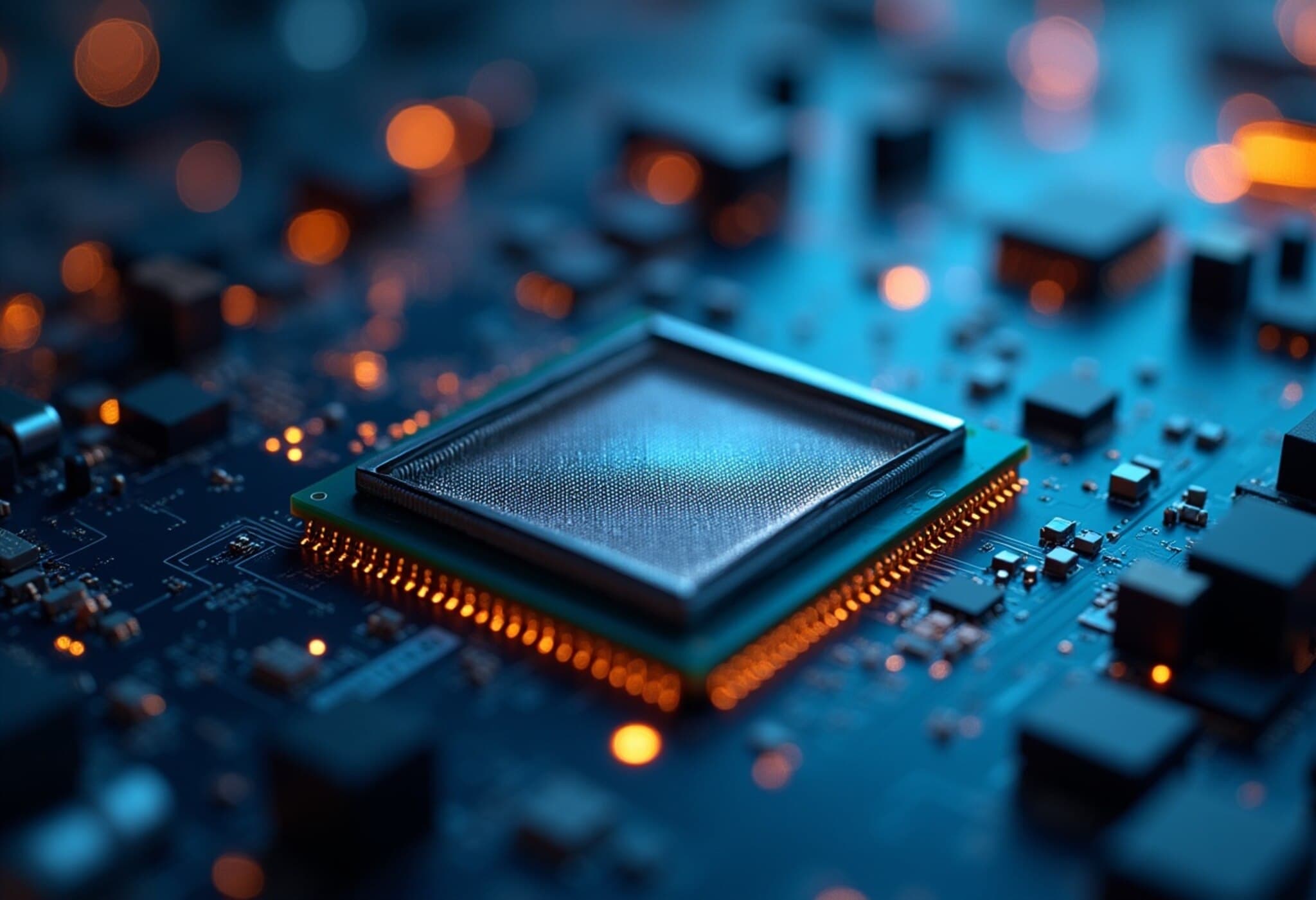Trump White House Explores Stake in Intel Amid Growing Semiconductor Tensions
In a surprising pivot that underscores the critical intersection of technology, politics, and national security, the Trump administration is reportedly exploring the possibility of acquiring a financial stake in Intel Corporation. This move aims not only to advance President Donald Trump’s domestic manufacturing ambitions but also to ease mounting political pressure surrounding Intel’s CEO, Lip-Bu Tan.
A Strategic Shift: From Criticism to Collaboration
Just last week, President Trump publicly called for Tan’s resignation, citing concerns over his investments in Chinese technology firms and alleged conflicts of interest. These criticisms escalated following Republican Senator Tom Cotton’s inquiries into Tan’s divestment from entities linked to the Chinese Communist Party and the People’s Liberation Army.
However, during a pivotal White House meeting, which included Commerce Secretary Howard Lutnick and Treasury Secretary Scott Bessent, the tone shifted markedly. Trump praised Tan's achievements and hinted at a near-term proposal to Cabinet members, signaling a readiness to collaborate despite previous doubts. This turnaround highlights the administration's delicate balancing act between maintaining national security and fostering domestic tech growth.
Why Intel? The Semiconductor Race at America’s Core
Intel holds a unique position as a leading US-based chipmaker capable of challenging the global dominance of Taiwan Semiconductor Manufacturing Company (TSMC). The Trump administration’s “America First” industrial policy has placed semiconductor manufacturing at its forefront, aiming to reclaim critical technological infrastructure vital for both economic stability and national defense.
Industry insiders note that technology companies have increasingly underscored their commitments to American manufacturing to align with government priorities and secure favorable policy conditions. Jim Secreto, a former Commerce Department official under the Biden administration, emphasized the administration’s understanding of its leverage within the tech sector.
Unprecedented Government Intervention in Private Sector?
If pursued, a government stake in Intel would add to the Trump administration's unconventional interventions in private industry. Earlier measures included imposing a 15% fee on Nvidia and AMD’s China sales in exchange for export permissions, and more controversially, securing a "golden share" in US Steel through Nippon Steel’s acquisition, granting the government substantial operational influence.
Intel’s Uphill Battle: Financial and Operational Hurdles
Despite potential government support, Intel faces significant challenges. The company reported a widening net loss of $2.9 billion in Q2 2025. Since Lip-Bu Tan’s appointment as CEO in March, Intel has undergone multiple restructuring efforts, including layoffs, scaling back its semiconductor foundry ambitions, cancelling key European factory projects, and delaying a major facility in Ohio.
Tan recently acknowledged the complexity of turning Intel around, stressing the need for patience and comprehensive fixes to restore competitiveness.
Geopolitical Tensions Amplify Urgency
The talks come amid heightened US-China tensions, particularly in technology markets. Notably, President Trump extended a 90-day suspension of tariffs on Chinese imports, aiming to ease trade friction while maintaining most terms of the broader US-China trade pact. These developments reflect the semiconductor industry’s role as a geopolitical chessboard where economic interests and national security priorities intersect.
Market Reaction and Broader Implications
News of the potential government-Intel partnership sparked a rally in Intel’s stock, which surged over 7% on the day of reporting and continued gains during after-hours trading. Investors appear cautiously optimistic, viewing government involvement as a short-term confidence boost, while skepticism lingers about Intel’s long-term roadmap.
This initiative raises important questions about the expanding role of government in corporate governance, especially within strategic sectors. Supporters argue it could accelerate US technological independence; critics warn of risks tied to politicizing private enterprise and potential overreach of executive authority.
Looking Ahead: Stakes and Strategies in the Semiconductor Arena
For Intel’s leadership, a successful government partnership may provide crucial breathing room to execute its turnaround plan and silence political critics. For the Trump administration, securing a stake would highlight a commitment to revitalizing American manufacturing and signal readiness to reshape industrial policy using direct economic intervention.
Intel has officially declined comment on the rumors but reaffirmed its support for strengthening US technology leadership. Whether discussions advance to a formal agreement remains uncertain, yet the episode sheds light on the high-stakes nexus of political maneuvering, corporate strategy, and global technological competition.
Editor’s Note:
This evolving story exemplifies how semiconductor manufacturing has become a linchpin of contemporary geopolitical strategy and economic policy. It prompts reflection on the balance between safeguarding national interests and preserving the independence of private enterprise. As the US seeks to reclaim its manufacturing prowess amid rising global competition, the extent to which government should intervene in tech companies remains a profound and contentious question with far-reaching implications.
Stakeholders and observers must vigilantly monitor how these negotiations unfold—not only for their immediate market impact but for the precedent they set in the broader US industrial and regulatory landscape.

